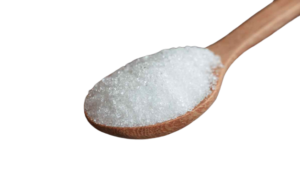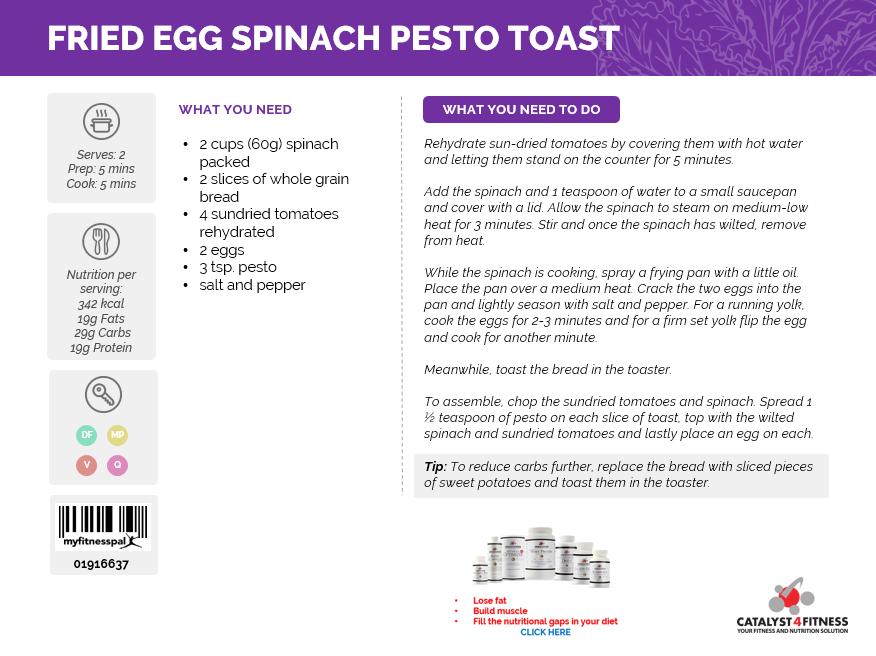What Is Allulose?
We as consumers are becoming smarter. We read nutrition labels and choose our foods based on calories and macronutrients – protein, carbohydrates, and fats.
Carbohydrates, in the simplest of definitions, are the main source of energy for our bodies. There are three main types: sugar, starch, and fiber. What is allulose and how is it a carbohydrate?

What is Allulose Made From?
Allulose, a prebiotic fiber and sweetener, is a rare, naturally-occurring sugar found in raisins, figs, wheat, maple syrup, and molasses. It is not a sugar alcohol. Because of allulose’s chemical makeup, it is not absorbed into your body and as such, does not count toward your daily caloric intake. Other benefits of allulose include:
- tastes like sugar
- contains just 1/10 of the calories in sugar (0.4 calories per gram compared with 4 calories per gram)
- does not raise blood glucose or insulin levels so it is appealing for diabetics
- does not cause tooth decay
- is Keto-friendly
GRAS Sweeteners
Some fibers, like allulose, are also used as sweeteners. Choosing those that are generally recognized as safe (GRAS) by the Food & Drug Administration is important to many consumers, including those following a Keto-friendly diet. Monk fruit extract and allulose fall into this category. Soluble corn fiber and polydextrose do not.
What is Polydextrose?
Soluble corn fiber, also known as resistant maltodextrin, is used as a sugar substitute to add sweetness to products. It may also help support digestive regularity, and decrease cholesterol and blood sugar levels. However, it is almost always derived from genetically modified corn crops (GMO).
The same is true for polydextrose. This synthetic fiber is made with genetically modified corn crops.
Many health-conscious consumers who take the time to read nutrition labels often want non-GMO products. Non-GMO foods are free from synthetic and chemical fertilizers, pesticides, and other chemicals, including anti-biotics and growth hormones. Repeatedly eating foods with genetically modified ingredients, like having a protein bar with polydextrose a couple of times a week, can contribute to many health issues in the long-term. Additionally, if you are concerned about the environment or the future environment for your children and grandchildren, non-GMO is important to you.


